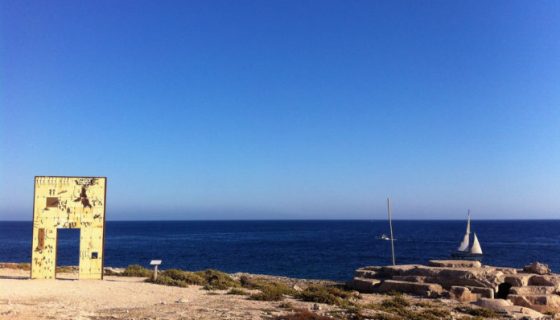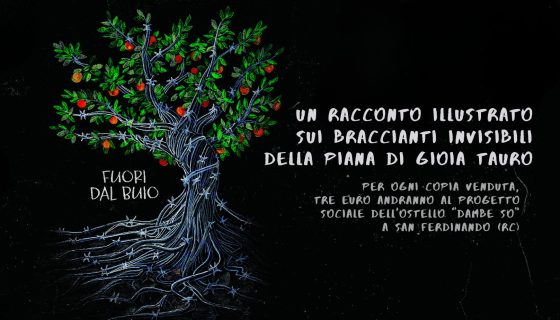- Mediterranean Hope - Federazione delle chiese evangeliche in Italia
- mh@fcei.it
Humanitarian corridors: The FCEI and Sant’Egidio’s delegation in Morocco
With the support of the Italian Embassy and the UNHCR and the appreciation of the Moroccan authorities. Rome (NEV), May 27th 2015 – From May 20 to 27, a delegation from FCEI and the Community of Sant’Egidio has visited Morocco to present the proposal of opening a humanitarian corridor enabling vulnerable people to reach Italy in a safe way. A first preliminary mission took place last February. The humanitarian corridors could be opened alto in other Countries to activate a real network conceived to protect the most vulnerable ones that are waiting to enter Europe. In addition to Massimo Aquilante, President of FCEI and Daniela Pompei, responsible for the service to the immigrants of the Community of Sant’Egidio, this delegation was composed of members of the Federation Council, the pastors Gabriela Lio and Maria Bonafede, and the researcher Monica Fabbri. Many consultants and technicians were also involved: Paolo Naso, Coordinator of the Study Commission of FCEI; Francesco Piobbico, operator of Mediterranean Hope in Lampedusa; Carlo Cibò, expert on international cooperation; Luciano Griso, physician with various experiences of participation in humanitarian missions, among which Mare Nostrum; Maria Quinto and Xavier Vidal, from the Community of Sant’Egidio. Michela Scolati, from the Austrian Protestant Churches Diaconal Office, was also part of this team. She was one of the first supporters of the project. The visit plan was very dense and the delegation could meet, among others, Boussouf Abdallah, General Secretary General of Council of the Moroccan Community, who expressed great interest in the proposal of humanitarian corridors which “represent” – he said – “a rational and sustainable solution to a problem that could be illusory solved by closing borders, arresting boat at sea or carrying out military interventions”. The meeting that the delegation had with Driss El Yazami, President of the Moroccan National Council for Human Rights was of great interest. Mr El Yazami is also a great and inspiring authority for what concerns immigration policies. “Your proposal to open a humanitarian corridor is of great interest” he said “and deserves careful consideration by our Government in order to support it to the extent that lie within its competencies”. The delegation also met two Directors of the Ministry of Foreign Affair of Morocco. “Our government ” said Ahmed Skin, Director of the Immigration Board, “is launching an immigration law that recognises that Morocco is not only a country of emigration or transit but also a land of immigration.” In this framework, we have recently launched an amnesty to provide regularization for about 20,000 people who have irregularly lived for years in our country.” Words of encouragement for this FCEI and Sant-Egidio’s project, also by Jean-Paul Cavalieri, representing Morocco in UNHCR. He highlighted the mutual action between the work of his office and the project of humanitarian corridors “that, once launched” he stresses “will deserve a careful definition of the profile of vulnerable people who could get a visa for reasons of humanitarian protection”. The meeting with the Bishop of Tangiers, Santiago Angel Martinez, pastor of a small diocese that has no more than two thousand faithful but that operates a number of services for immigrants, was also very productive. In several occasions, the bishop has raised its voice against the measures taken by the Spanish government to prevent immigrants to cross the barbed-wire fences separating Morocco from the Spanish enclaves of Ceuta and Melilla. “We are ready to work with you”, he said. “We feel the urgency to do something because while Europe continues to discuss what to do, people continue to die in their way towards Europe”. Finally, it has been very important to meet the Italian Ambassador in Rabat, Roberto Natali, who reiterated his commitment to support this project, which is set up as a good practice and that just in Morocco, can be tested for sustainability for application on a larger scale.





